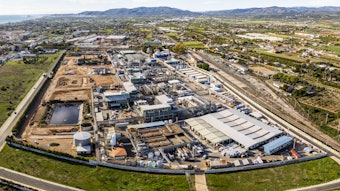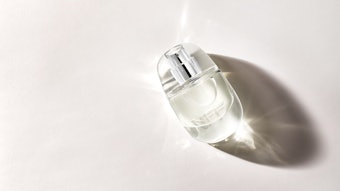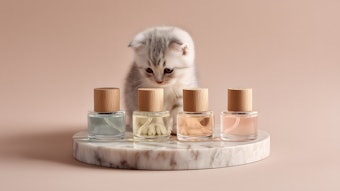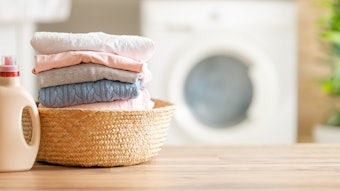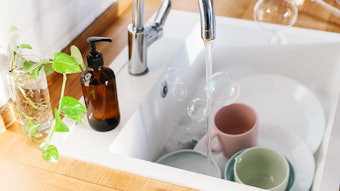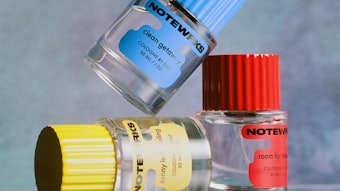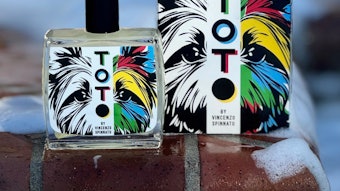The introduction of oriental scents as ingredients in the Middle East and Africa is emerging as a major trend in home care fragrance, according to Euromonitor International.
According to an Euromonitor analyst insight post from ingredients analyst Anaïs Mirval, fragrance in the Middle East and Africa will enjoy the strongest growth globally with volume sales increasing 30% between 2011 and 2016, albeit from a lower base. Mirval noted that the Middle East and Africa region has one of the lowest levels of ownership of consumer appliances in the world. Hand dishwashing and hand wash detergents are the main categories of interest for fragrance manufacturers operating in home care, Mirval said.
Euromonitor International forecasts the Middle East and Africa fragrances market in hand dishwashing and hand wash detergents is set to reach 6,500 and 4,900 tonnes, respectively, by 2016. Middle East and Africa is then expected to be the second largest market for fragrances in these categories after Asia Pacific. Both categories are predicted to enjoy the strongest volume Compound Annual Growth Rates (CAGR) around 4.5% for fragrances over the 2011-2016 period globally. The Middle East and Africa is forecast to represent 60% of the global growth of fragrances in hand wash detergent between 2011 and 2016.
Looking at trends, fresh and floral scents dominate hand wash. In the Middle East and Africa, the predominance of traditional scents reflects consumer expectations, Mirval said. Hand dishwashing fragrances are currently dominated by fresh scents which will continue to perform well. Floral scents are more important in hand wash detergent fragrances.
However, a new trend is emerging which is expected to have a long-term impact. Recently, Henkel launched an Oud-fragranced version of its Persil Liquid Detergent for White Thobes in the six countries that make up the Gulf Cooperation Council.The new product launch was preceded by a consumer survey, when Henkel tested 16 different Oud-based fragrances on consumers. The winning fragrance was preferred by 90% of those surveyed. Although this is just one product launch, according to industry sources, it is very likely to be a success and is expected to inspire more new product launches with oriental scents. Traditional oriental scents are enjoying growing popularity in laundry detergents in the Middle East and Africa. They are an important part of the Middle Eastern and African culture, in particular Oud, sandalwood and incense as these are associated with many religious rituals. Oriental fragrances are also associated with homely scents as they are traditionally used as welcoming aromas and women use them to perfume their clothes.
Given the likely success of Henkel's new Persil Liquid Detergent, oriental scents are expected to cross over into hand wash detergents, Mirval noted. Growing demand for more sophisticated scents among Middle Eastern and African consumers is creating new opportunities for complex, traditional, oriental scents. In order to gain market share, manufacturers should introduce new products featuring these fragrances. Consequently, if fragrance manufacturers want to increase their penetration of the Middle East and Africa, they could focus on developing their portfolios of oriental scents for manufacturers in laundry care, the analyst concluded.

